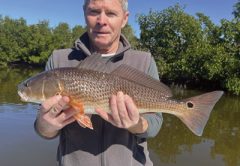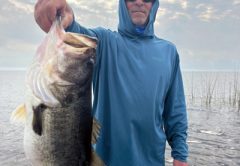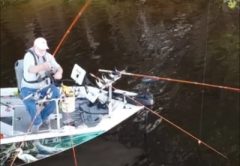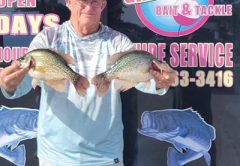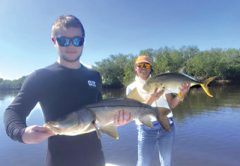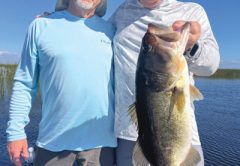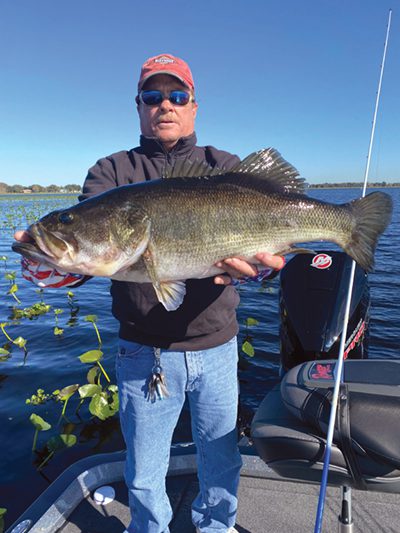
When I was a kid, I loved playing sports. I remember how hard it was to keep up with the older kids who were bigger, taller, and much more skilled in the sport than I was. At times, I felt like just giving up.
When I was around 12, I was trying out for our local little league baseball team, and I remember telling my dad that I wasn’t sure if I was going to make the team or not because most of the boys were older, bigger, and better ballplayers. He advised me to stick with it, work harder, and learn from the other players. I ended up making the cut, became part of the team, and continued to become a better ball player over the years.
But I remember my dad sitting down with me and my brothers and explaining to us that if you want to become better at something, regardless of what it is, you need to surround yourself and compete against people who are better than you.
I’ve heard that advice repeated many times growing up, as well as throughout my working career. If you want to become good at something, spend your time with people who are already good at whatever it is.
I wanted to become good at bass fishing. In my late teens and into my early 20s, I traveled all over the country competing in bass tournaments and seldom taking home a check. Back then, most of the tournaments were boaters and non-boaters so you had little choice as to who you might be spending a day in the boat with. I fished with some really good anglers in the process and learned a great deal from all of them.
When I was growing up I learned from my father, my brothers, and my uncle who loved to fish. As I got older, I sought out the best bass fishermen in the area and competed against them regularly.
And then I had the opportunity to work for and learn from one of the greatest fishermen in the world, Buck Perry of Hickory, North Carolina. Buck was enshrined in the Fishing Hall of Fame and is considered The Father of Structure Fishing.
One of the most important things I learned from him was “there are no experts in bass fishing, we are all students.”
Over the years I’ve continued to learn by fishing with many of the best anglers in this area. One of those anglers is Mike Winker, who’s on the cover of this magazine.
Mike’s both a great fisherman and a good friend. He’s one of those guys who are always looking for new, innovative ideas when it comes to bass fishing while continuing to hone his skills to a higher level.
The cover shot of Mike holding a huge bass wasn’t the first time he landed a large bass, and I’m sure it won’t be the last. But on that day, I learned something, something I’d learned long ago and forgotten, I’d learned patience.
Flipping and pitching comes pretty naturally to me, as it does to many anglers. But sometimes I forget the purpose of the flip or pitch, and in the process, my bait is in and out so fast, that the bass hardly has a chance to see it, let alone eat it.
That day, as we fished together on Lake Istokpoga, I watched Mike display real patience as he pitched his bait back into the pads and then just waited. Minutes passed and a slight twitch of his rod tip, a short turn of his reel handle and I could see he was “working the bait,” very, very slowly. I was in the front of the boat and had already pitched into the same area, retrieving the bait quickly as I flipped even further ahead. Mike was rewarded with a beautiful trophy bass because of his patience.
I learned something that day. We truly are students, constantly learning from each other.

